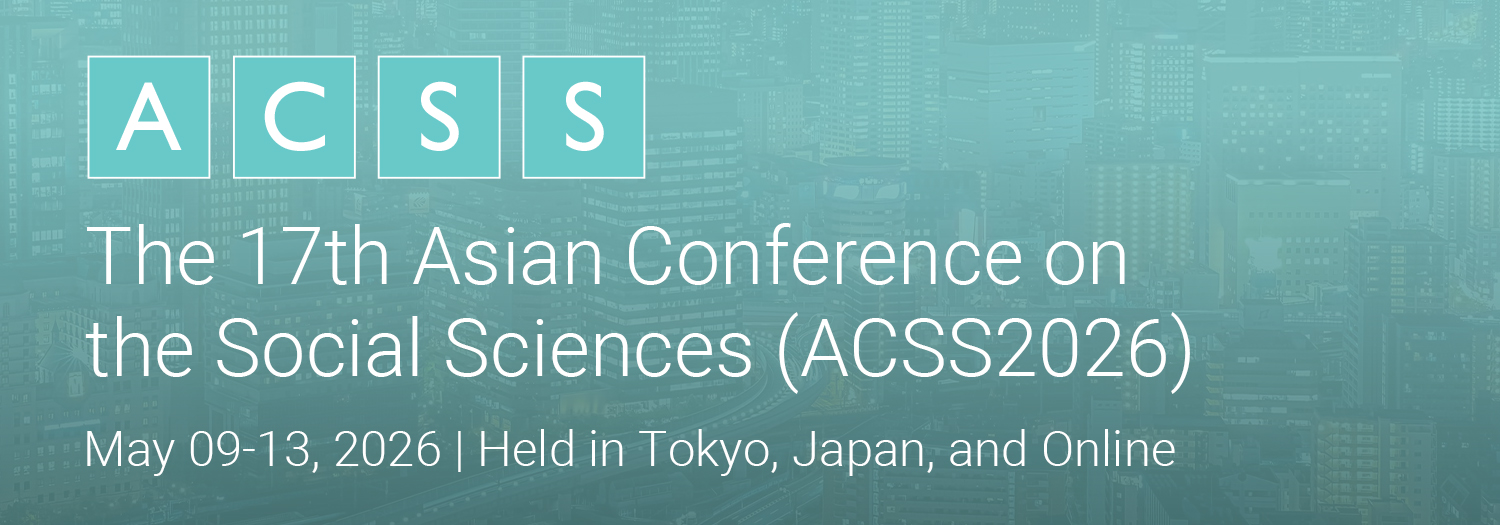The 100th anniversary of the abolition of British indentureship in 2017 marked a renaissance of governmental, civil-society and scholarly activity on the legacy of indentureship. The indentureship system sent over one million Indian and Chinese labourers to the Caribbean and other British colonial territories between 1845 and 1917. However, there is a great deal of scholarly work yet to be done on this important social, political and economic system of labour relations.
The work required to fully understand and critically interrogate the indenture system and its significance both to the nation-building project of empire as well as the interior lives of the indentured labourers and their descendants, is by its very nature, interdisciplinary. It involves examination of the legal and administrative structures that enabled the indenture system to emerge in the orbit of the transatlantic slave system. It also requires a close look at the literature written by descendants of indentured labourers, which allows a window into the effects of the system on the material conditions and identity of a significant part of the South Asian diaspora. Finally, a look at the archival records from the era, including for example indentures, colonial planning records and correspondence on mortality rates during the transport, allows critical historians to ask questions that demand imaginative interpretive inquiry.
This lecture outlines an ongoing project that explores the relationship between the lifeways of indentured labourers through literature and archival records. The project interrogates the relationship between the various legal frameworks mobilised by the indenture contracts in the regulation of everyday lives of labourers, including immigration law, private contract law, criminal law, labour law, and family law. This aspect of the project is relevant to legal theorists and legal historians and helps situate indentureship as a legal form in the context of the British colonial era. The project suggests ways in which diasporic imaginings of indenture contest the temporal and spatial rigidity of conventional legal historical narratives.
Image: "Newly arrived indentured labourers from India in Trinidad" (1897) | Wikipedia

